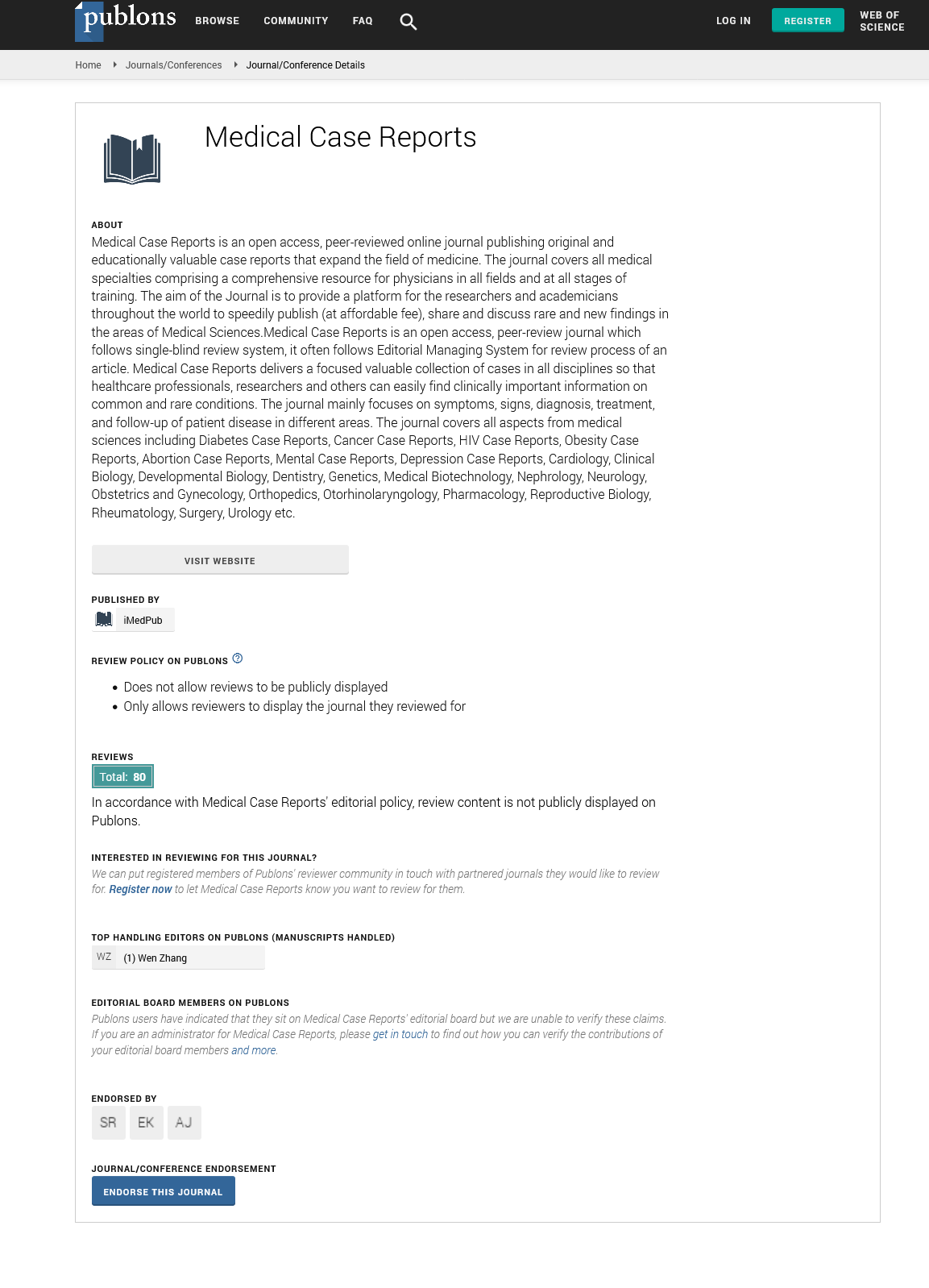Abstract
Non-Resolving Lung Infiltrate: A Rare Case of Papillary Adenocarcinoma of the Lung
Lung carcinoma is one of most common and leading cause of cancer related mortality in United States. The main sub-types of lung cancer are non-small cell lung carcinoma (NSCLC) and small cell carcinoma (SCLC). About 85% of lung cancers are of the non-small cell type, of which more than 50% are adenocarcinomas. Primary papillary adenocarcinoma (PA) is a subtype of adenocarcinoma with predominance of papillary structures that replace the underlying alveolar architecture supported by fibro-vascular cores with complicated secondary and tertiary branches. PA is a relatively rare type that can present a diagnostic challenge when it presents as a non-resolving infilitrate as seen in this case. It is more common in woman and non-smokers. The subtype of adenocarcinoma is key factor for therapeutic choice of chemotherapy. The case reviewed here is a rare presentation of a middle aged chronic smoker Man with past medical history of chronic obstructive pulmonary disease (COPD) who was treated several times for recurrent episodes of worsening dyspnea attributed to an infectious etiology, but without any significant improvement which led to further testing and trans-bronchial biopsy which reveled PA of the lung. Tissue diagnosis is therefore warranted in patients with a non-resolving lung infiltrate.
Author(s):
Nikhil Madan , Carolina Pinzon Escobar and Vipul Patel*
Abstract | Full-Text | PDF
Share this

Google scholar citation report
Citations : 241
Medical Case Reports received 241 citations as per google scholar report
Medical Case Reports peer review process verified at publons
Abstracted/Indexed in
- Google Scholar
- China National Knowledge Infrastructure (CNKI)
- Cosmos IF
- Directory of Research Journal Indexing (DRJI)
- WorldCat
- Publons
- Secret Search Engine Labs
- Euro Pub
Open Access Journals
- Aquaculture & Veterinary Science
- Chemistry & Chemical Sciences
- Clinical Sciences
- Engineering
- General Science
- Genetics & Molecular Biology
- Health Care & Nursing
- Immunology & Microbiology
- Materials Science
- Mathematics & Physics
- Medical Sciences
- Neurology & Psychiatry
- Oncology & Cancer Science
- Pharmaceutical Sciences


